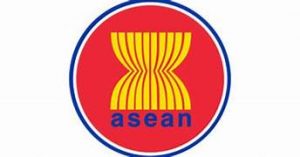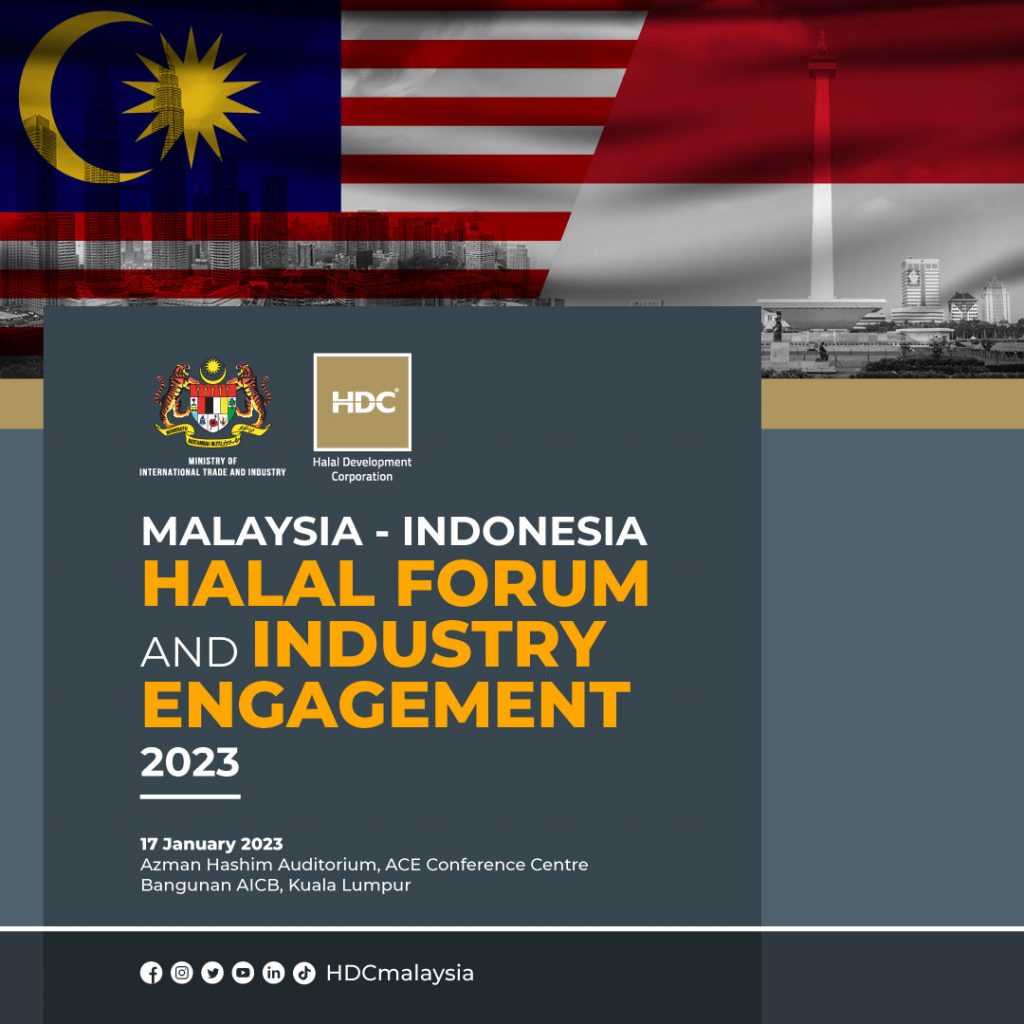Speaking at the 5th UUM International Islamic Business Management Conference 2024, Dr. Sutan highlighted the significant opportunities and strategic initiatives driving Indonesia’s halal industry growth
The global halal market, valued at US$2.2 trillion in 2022, is projected to reach US$4.1 trillion by 2028. Indonesia, with the world’s largest Muslim population, is strategically positioned to capitalize on this growth. The country has seen a 41% increase in halal certifications issued in 2024, and halal product exports reached US$61.59 billion in 2022. Dr. Sutan emphasized that digitalization is critical to accelerating the growth of Indonesia’s halal industry. E-commerce platforms, Islamic fintech, and digital traceability systems are transforming the halal value chain, from production to consumption.
National Committee for Sharia Economics and Finance (KNEKS), as a government institution to foster the development of the Islamic economy and finance in Indonesia, is spearheading several initiatives to promote the development and strengthening of the Islamic economy and finance through digitalization, such as:
- Supporting Islamic businesses in accessing and optimizing digital services.
- Building synergies between the halal industry and Islamic financial services.
- Encouraging the wider implementation of QRIS (QR Indonesia Standard) for digital inclusion.
- Strengthening cooperation between Islamic banking and Islamic fintech to improve services for MSMEs.
- Optimizing the collection and distribution of ZISWAF (Zakat, Infaq, Shadaqah, and Waqf) funds through digital transformation.
Overall, these strategic steps demonstrate Indonesia’s government commitment to leveraging digitalization as a key driver for the growth and development of the Islamic economy and finance in Indonesia. By focusing on these initiatives, Indonesia aims to create a vibrant and inclusive halal ecosystem that benefits businesses, consumers, and the broader society/community.




